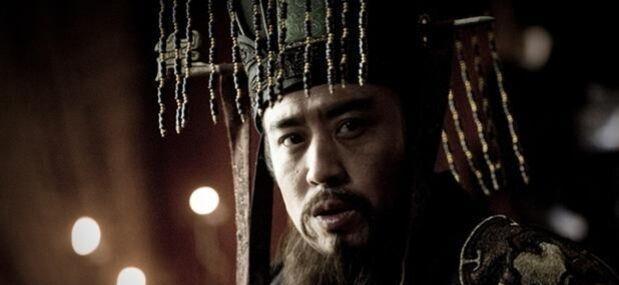The Qin Dynasty was the first feudal dynasty in Chinese history, and it was also a unified dynasty with a shorter national history, and as the first centralized dynasty to eat crabs, its demise was controversial and also a sigh.

Rebellion of the old vested interests of the Six Kingdoms
The unification of the Qin Dynasty was based on the annihilation of the Six Kingdoms by force, and after the fall of the Six Kingdoms, the treatment of the old nobles of the Six Kingdoms and the placement of the people of the Six Kingdoms became a major political issue for Qin Shi Huang.
Qin Shi Huang either put the monarchs of the Six Kingdoms under house arrest, exile, or carnage, severely suppressed the nobles and intellectuals of the Six Kingdoms, severely punished the people of the six countries, plundered wildly economically, suppressed them militarily, and controlled them ideologically, which aroused strong dissatisfaction from the old departments of the Six Kingdoms and made them resolutely stand against the Qin Dynasty.
When Chen Sheng and Wu Guang rose up, the Six Kingdoms Xungui seized the opportunity to restore the country again, and received a wide range of responses from all countries, and the xungui had political demands, economic strength, and cultural prestige, and under their unanimous rebellion, the rule of the Qin Dynasty soon collapsed.
Under the tyranny of the Qin Emperor, the Qin Dynasty over-expanded its political scope of attack, forcing all potential vassals of the Six Kingdoms into enemies, which was not conducive to the long-term peace and stability of the Great Unification Dynasty and became a great hidden danger in the future.
The division of the upper clique within the Qin Dynasty
At the time of the great chaos in the world at the end of the Qin Dynasty, the upper echelons of the Qin Dynasty, especially the military, had already experienced serious divisions, and the high-ranking generals stationed on the frontier were separated from the central government, so they adopted the strategy of not moving their troops and sat by and watched the demise of the Qin Dynasty.
At the time of the great turmoil in the Central Plains, the Qin Dynasty had heavy garrisons on the northern and southern frontiers, namely the 300,000 troops in the north against the Xiongnu, and the 500,000 troops in pacifying Lingnan.
The reason why they did not return to help was that the emperor's eldest son Fu Su was killed by Emperor Qin II, and the leader of the Northern Army, Meng Tian, was also killed by traitors, so the garrison on the frontier was in danger of himself, unwilling to serve the faint Qin II anymore, but instead sat back and watched the success or failure of the Central Plains, and even if the Qin regime collapsed, he could justifiably want to establish an independent state on the frontier and never be restrained.
Because the frontier armies of the Qin Dynasty were not controlled by the central government, Qin II faced the embarrassing situation of no soldiers available, and could only let the old forces of the Six Kingdoms and the peasant army create a second, and finally had no choice, The Qin Emperor ordered Zhang Handan to lead 200,000 Lishan prisoners to fight against the rebel army, these 200,000 prisoners were not regular troops, so they collapsed at a touch, which allowed Liu Bang Xiangyu to pick up a big bargain and successfully destroy the Qin Dynasty.
As the first centralized feudal dynasty, it was very likely that the advantages of integrating resources would have created the earliest prosperous era, but it was a pity that it died internally, and the reason for the demise of the Qin Dynasty has also become a valuable lesson for later dynasties.